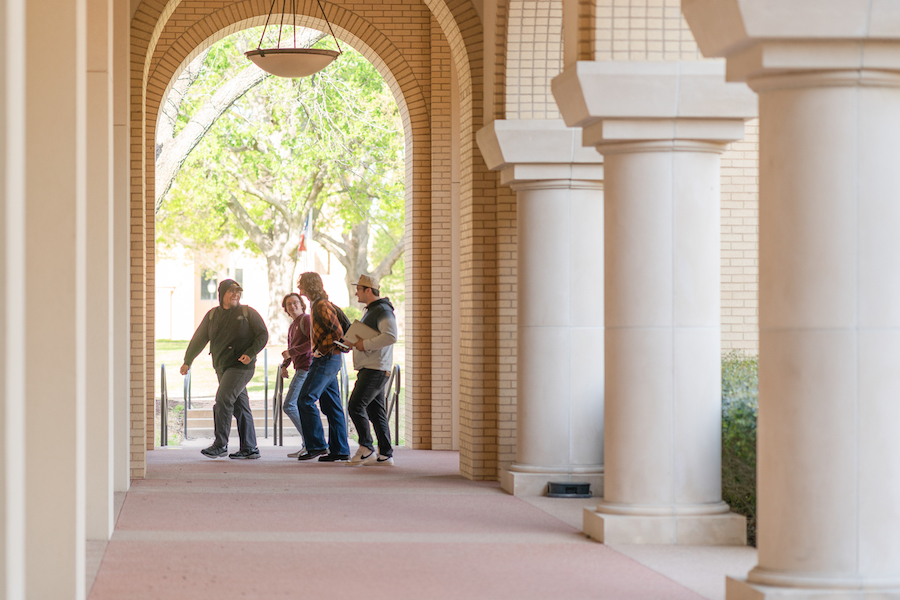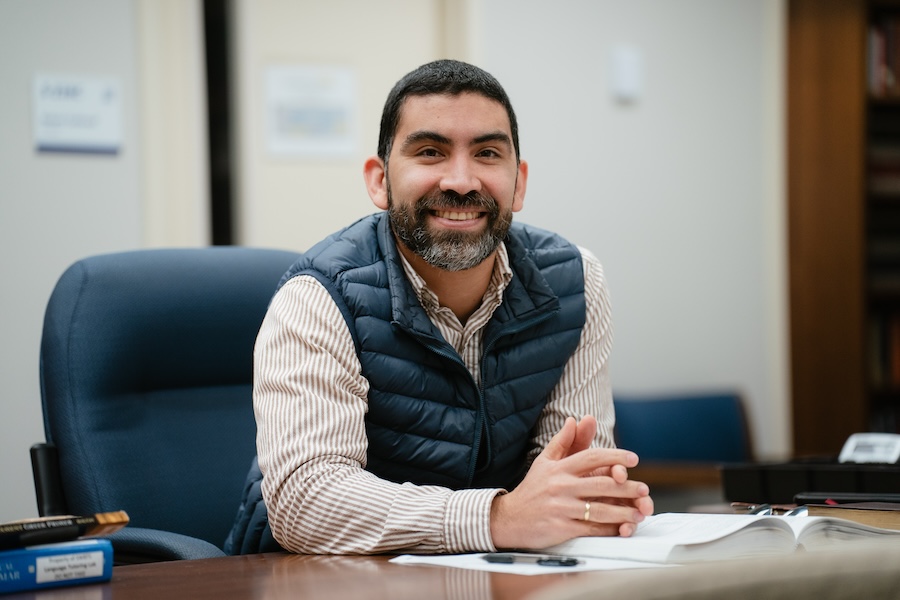4 Things Homeschoolers Need their Freshman Year of College

Homeschoolers face unique challenges when entering college. You’ve only just graduated high school. Everyone expects you to dive headfirst into college. After all, the cliché homeschooler is smart and ambitious. But college takes you away from family and familiarity. All college freshmen can face the challenges of homesickness, finances, and time management, but homeschoolers face the additional challenges of misconceptions about homeschoolers, adjustment to a formal classroom, and a non-parental teacher. College brings change, and that change is difficult. As a homeschool graduate, this change was something I had to face. Growing up, I had no trouble making friends, but when I began college, that changed. I did not click with the people I expected, and I struggled to form solid friendships.
Acclimating to the college environment is hard: unfamiliar faces, challenging classes, and late homework nights. In reflecting on my freshman year of college, I believe there are four things which a homeschooler—and really any student—needs as they transition into college.
Delight in Your Duty
Students must pursue a path they want to pursue. Seek out a career or ministry that aligns with both your interests and your giftings from God. This process of exploring your vocation looks different for everyone, and college is not the universal solution. If college does not look appealing, you don’t have to go – at least not immediately. Sometimes a gap year or a trade school is the most viable option.
Once we find our vocational paths, Christians should delight in pursuing their calling from the Lord, not merely trudge along dutifully. Your duty should be your delight. Every moment is an opportunity to find joy and, through that joy, to glorify God. Yes, you may have a brilliant master plan to glorify God in your future career but that does not mean you can disregard the present. Find joy and glorify God in your current stage of life (be it a college class, internship, gap year, or summer job), even if that stage feels like a means to an end.
Stay Grounded and Growing
Students must have a grounded and growing faith. The distinction between “grounded” and “growing” is important. By “grounded,” I mean that you must have the foundational beliefs of Christianity. You are no longer at home. The umbrella of your parents’ faith no longer covers you. You must know God and believe in His Word. By “growing,” I mean that you should daily seek to strengthen your faith. This is where college can be a help and not a hindrance.
Your environment can have a profound effect upon you. Attending a Christian college, students and professors who seek to build me up in my faith surround me. Theological teaching and conversation—inside and outside the classroom—surround me. Professors stress the importance of church and Bible study. Students hold me accountable and encourage growth in my faith.
A grounded, growing Christian worldview is essential, and a Christian college campus can help cultivate just that.
Find and Foster Community
Man was not meant to live life alone; we know this from Scripture. Genesis 2:18 reads, “Then the Lord God said, ‘It is not good that the man should be alone; I will make him a helper fit for him.’” Adam was the only human alive, and God declared it was not good. Thus, He created Eve. Man was created for companionship. And so, students must actively engage in their college community.
As homeschoolers, we often live in a bubble—exposed to like-minded people who agree with us on most things. College can be a bit of a culture shock. You must be willing to accept the new expectations, ideas, and people. Once I arrived at college, I made friends with people from different backgrounds who did not have the same life experience as I did. Yet, these friends taught and encouraged me as I learned to enjoy doing life together. Your entry into college offers a unique opportunity: to meet dissimilar people who share in your ambitions and your faith, and who can help you grow in ways you might not expect.
Accept Academic Challenge
Wherever you are—however “smart” you consider yourself—always look for intellectual stimulation. Learning is not a process we begin in pre-K and end after high school. Learning is not simply an act of obedience to our parents and society. Learning is a way of life. So, when looking for a college, look for a challenge. Maybe the workload will challenge you. Maybe the professors’ lectures will provide the challenge or maybe the readings – maybe all three. Whatever the case, strive to live up to the challenge. These challenges don’t just create good habits, teach you academic information, and fulfill a credit—they sanctify you.
Yes, academic learning can make us more like Christ. To learn, you must first admit your ignorance, and that requires creating a humble attitude within yourself. And so, cultivate an outlook open to new ideas and to the teachings of others. Through this, you learn discipline, virtue, the meaning of work, and most importantly, how to do that work to the glory of God.
With these principles in mind, I’ve found I can thrive in the college environment. Although I initially struggled with forming friendships, I ended up making friends with people I did not expect—people from entirely different backgrounds than me, but who also followed these ideas. These people contributed to my spiritual growth, my studies, and my enjoyment of college life. They reaffirmed my decision and desire to attend college, and they became the community I needed in order to keep a grounded and growing faith as I accepted the challenges of academia. I can look back on my freshman year of college and affirm that God faithfully provided everything this homeschooler needed.
Lucy Lively is a student at Texas Baptist College in Fort Worth, Texas. She is currently pursuing a Bachelor of Music in performance with a voice concentration.



